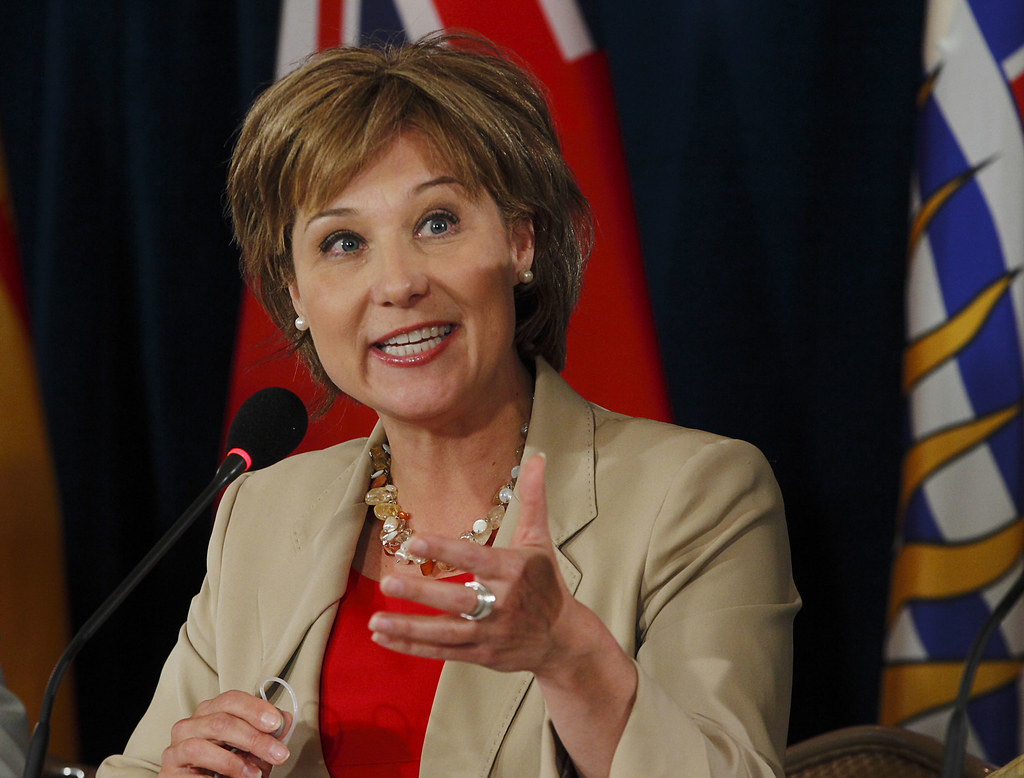Would the proposed Trans Mountain pipeline risk British Columbia drinking water?
This page summarizes information from a Tsleil-Waututh Nation report that assesses the proposed Trans Mountain pipeline and tanker project. You can read and download the full report here.
Yes, the proposed pipeline would endanger some of our local sources of drinking water, and threaten Burrard Inlet and the Fraser River in various locations. In some communities, the pipeline would threaten the only water source they have available.
The Abbotsford-Sumas aquifer
- The Abbotsford-Sumas aquifer is the source from which drinking water is extracted for Abbotsford:
-
- The existing and proposed pipelines would transport diluted bitumen directly over the aquifer. This aquifer is particularly susceptible to being polluted, as oil that is spilled elsewhere may contaminate the water source by mixing with rainfall (City of Abbotsford).
-
- Citizens and businesses depend on adequate, uncontaminated groundwater supplied by this aquifer, and a spill that contaminates the aquifer would mean an immediate threat to public health.
The Coldwater Valley watershed and Coldwater aquifer
- The proposed pipeline runs through the recharge zone that feeds the Coldwater aquifer, located near Merritt, BC.
- The Coldwater Indian Band relies on the Coldwater Valley watershed and Coldwater aquifer for drinking water and irrigation (From the Merritt Herald).
- According to Chief Lee Spahan, the aquifer could never be remediated to potable standards once contaminated by a pipeline spill or release, meaning the Band would never be able to access their drinking water again (From TWN).
British Columbia’s environmental assessment certificate
- On January 11, 2017, the government of British Columbia issued the proposed Trans Mountain pipeline an Environmental Assessment Certificate. (Government of BC)
- The certificate contains 37 conditions, which will supplement the conditions imposed by the National Energy Board (NEB) referenced on page 8 of its project report. (Government of Canada)
- The 37 conditions include measures that Trans Mountain has to take when an oil spill happens. (It is estimated that there is a 79-87% chance of an oil spill over the next fifty years).
Condition 26
- Condition 26 of the BC Provincial Government’s Environmental Assessment Certificate requires that Trans Mountain provide citizens with bottled water should drinking water become contaminated:
-
- “In the event that a spill originating from the Project is confirmed to have contaminated drinking water [Trans Mountain] must provide one or more alternate source(s) of drinking water for all persons who use water for human or animal consumption from the contaminated water source for the period of time during which contamination exists” (Table of Conditions for an Environmental Assessment Certificate, Condition 26).
- With this condition, the provincial government clearly acknowledges the very real threat that the proposed pipeline poses to water in British Columbia, yet it approved the pipeline project regardless.
To require Trans Mountain to provide bottled water while water sources remain contaminated is neither a realistic nor sustainable solution to the problem.
We have the chance to defend our children’s health and future by stopping the proposed Trans Mountain pipeline. Click here to learn more.
What Else Can I Do to Help?
Spread the Word
When people see other people they know or can relate to expressing their views, it can make a big difference.






